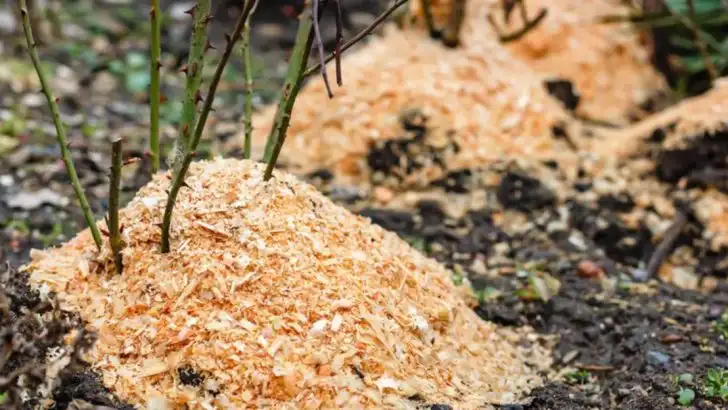In the world of organic gardening, choosing the right fertilizer can make all the difference between thriving plants and lackluster growth. With so many options available, it’s easy to feel overwhelmed — or even misled — by products that promise lush leaves and bountiful blooms. But not all fertilizers are created equal. Some can transform your garden into a vibrant oasis, while others may do more harm than good.
Through years of hands-on experience and countless conversations with expert horticulturists, I’ve learned that understanding what you’re feeding your plants is just as important as when and how you do it. The truth is, certain so-called organic fertilizers can disrupt soil health, introduce toxins, or stunt your plants’ natural growth cycles. On the flip side, the right nutrient-rich amendments can work wonders for everything from your fiddle-leaf fig to your vegetable patch.
In this guide, I’ll reveal 10 powerful organic fertilizers that truly nourish your plants — and share 8 common ones you should stop using immediately. Whether you’re an urban jungle enthusiast or a backyard gardener, knowing what to trust will help you cultivate a greener, healthier space. Let’s dig in!
Compost

Brimming with life, compost is the epitome of recycling nature’s leftovers. As organic materials decompose, they create a rich, nutrient-dense soil amendment. This natural process not only enriches the soil with essential nutrients but also improves its structure and moisture retention. Ideal for vegetables and flowers alike, compost provides a balanced diet for plants. With its ability to support beneficial microorganisms, it fosters a thriving ecosystem in your garden. Embrace composting, and you’ll be rewarded with healthier plants and a reduction in household waste. It’s a sustainable choice that gardeners have trusted for centuries.
Worm Castings
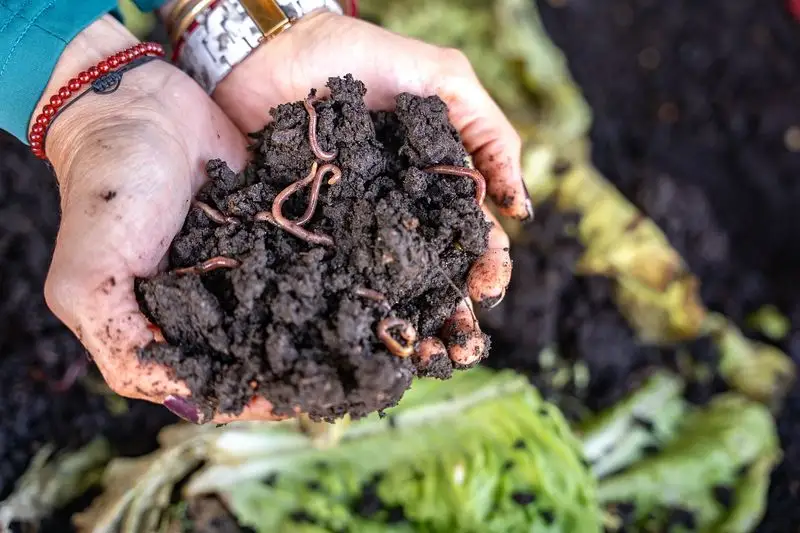
Nature’s silent workers, earthworms, leave behind castings that are a powerhouse of nutrients. These castings contain beneficial microbes and enzymes that enhance soil health. They improve soil aeration and drainage, making them perfect for potted plants. Their gentle release of nutrients ensures plants receive a steady supply, reducing the risk of nutrient burn. Often called “black gold” by gardeners, worm castings increase plant growth and resilience. Their neutral pH also makes them suitable for a wide range of plants. Using worm castings is an effortless way to boost your garden’s vitality.
Bone Meal
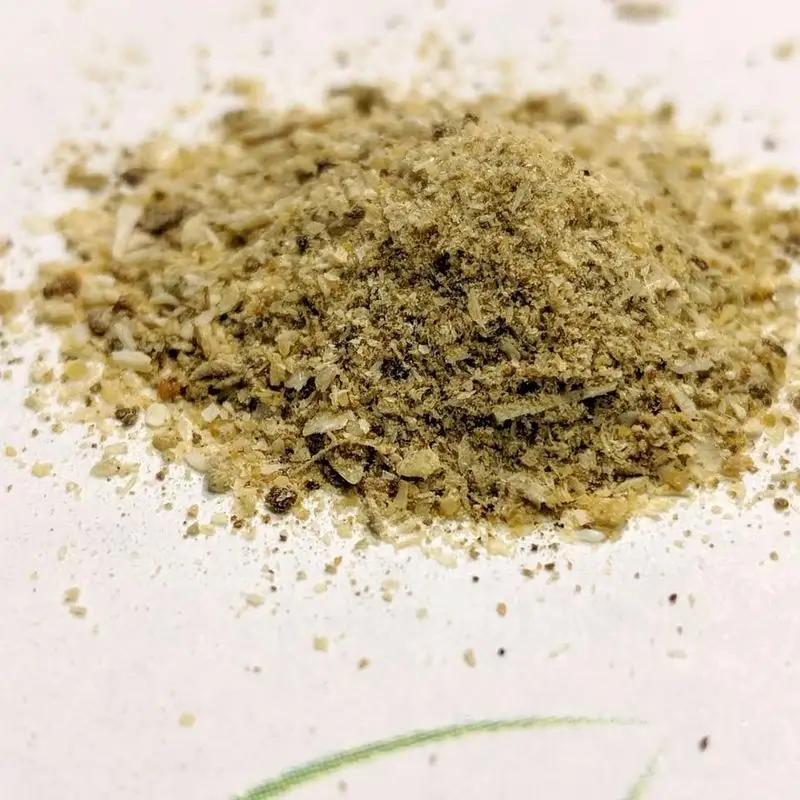
A by-product of the meat industry, bone meal provides phosphorus and calcium, crucial for root development and flowering. It’s particularly beneficial for root crops like carrots and onions. Bone meal also helps improve soil structure over time. Its slow-release nature ensures plants receive nutrients over an extended period, promoting steady growth. However, caution is needed as excessive use can lead to phosphorus build-up. For those conscious of sustainability, sourcing from ethical suppliers is recommended. When used appropriately, bone meal can be an invaluable ally in the garden.
Blood Meal
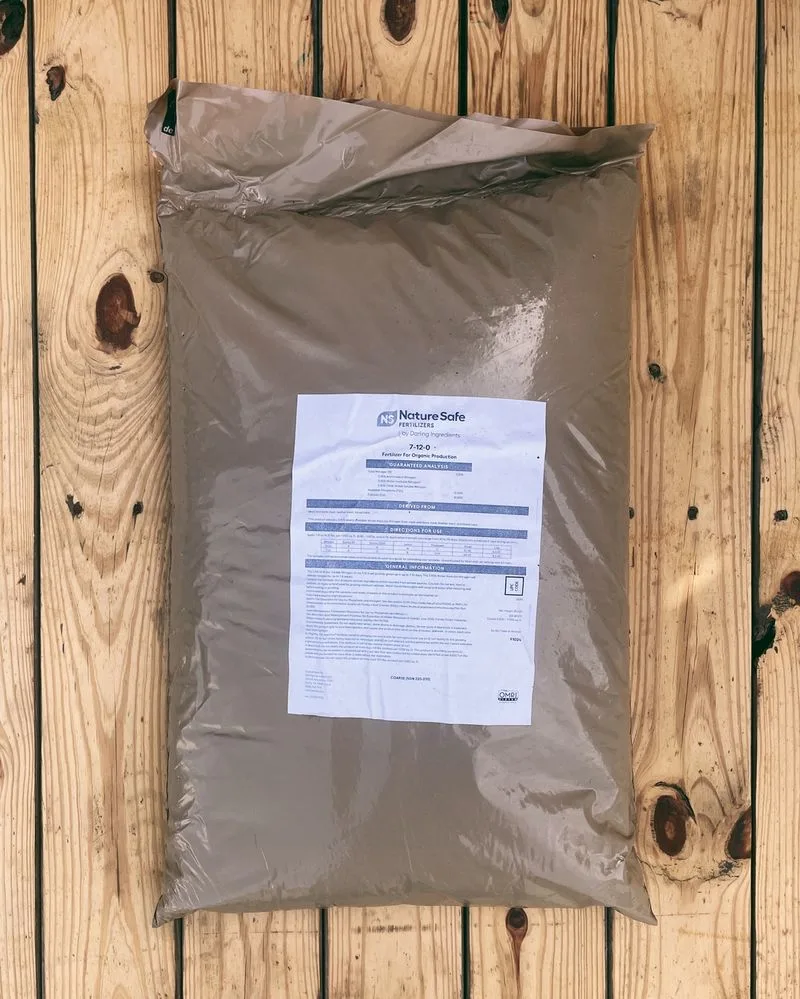
Derived from animal blood, blood meal is a high-nitrogen fertilizer beloved by leafy greens. It promotes rapid growth and lush foliage. When nitrogen levels in the soil deplete, blood meal can quickly replenish them. While effective, its concentrated nature means it should be used sparingly to avoid plant burn. This fertilizer is also a deterrent for pests like deer, making it dual-purpose. Gardeners seeking a quick boost for their nitrogen-hungry crops often turn to this potent option. However, ethical sourcing is crucial for eco-conscious gardeners.
Fish Emulsion
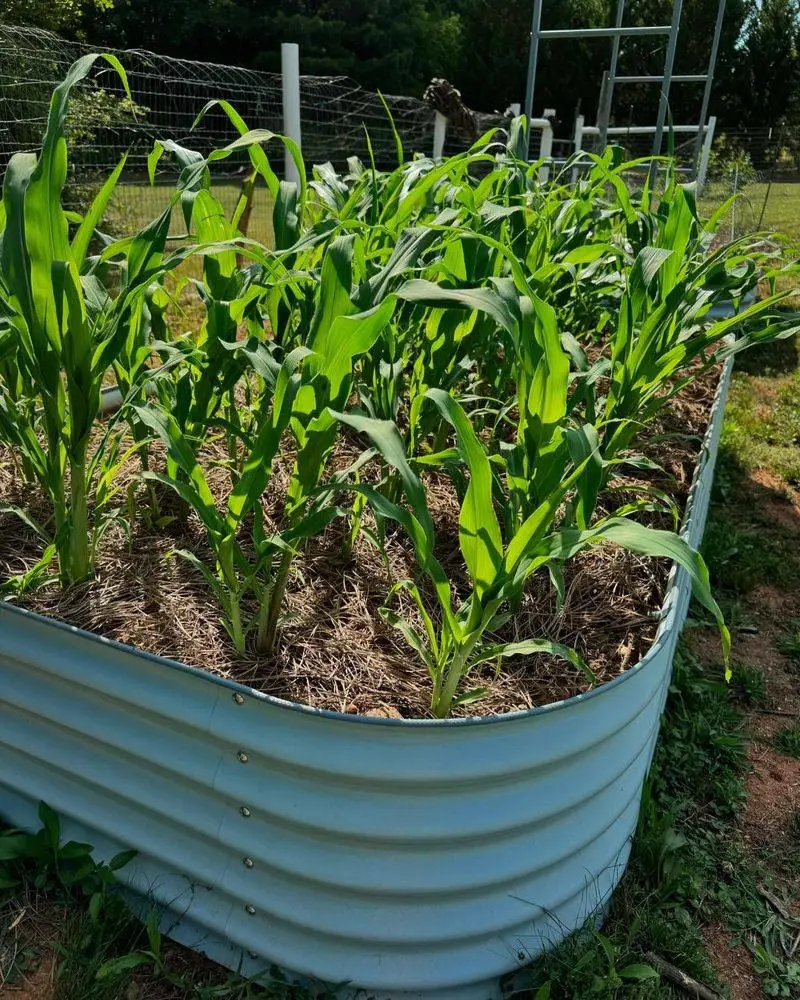
A liquid fertilizer made from fish waste, fish emulsion offers a balanced nutrient profile. Its mild nature makes it safe for all plants, including seedlings. This fertilizer is quickly absorbed, providing an immediate nutrient boost. It’s particularly favored in organic vegetable gardens for its ability to enhance soil microbial activity. While its odor can be off-putting, it dissipates quickly, leaving behind a fertile soil environment. Fish emulsion also provides trace elements not found in other fertilizers, making it a versatile garden ally. Regular use results in vigorous plant growth.
Kelp Meal
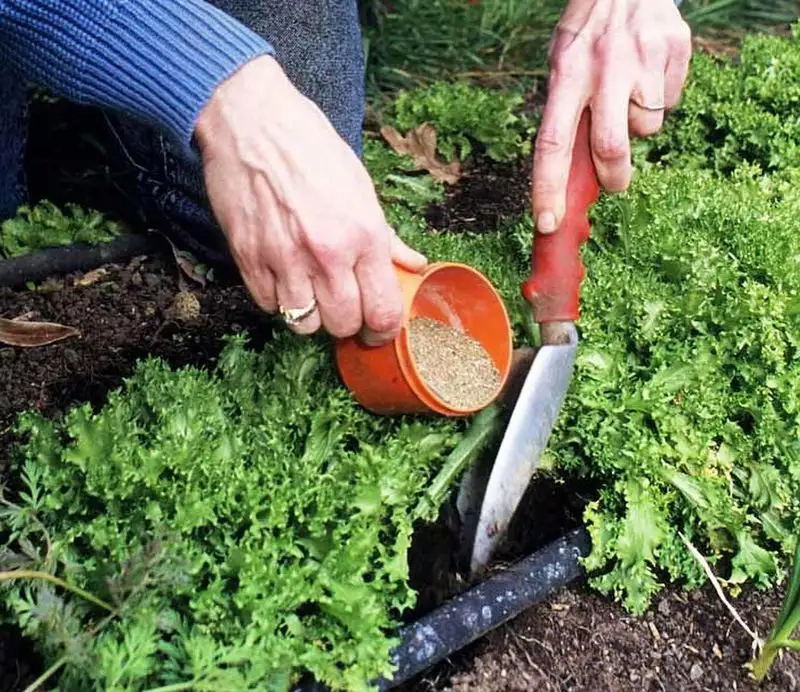
Derived from seaweed, kelp meal is a nutrient-rich fertilizer that supports plant health and resilience. It’s known for its ability to improve root development and enhance stress tolerance. Rich in trace minerals, kelp meal boosts overall plant vitality and productivity. Its slow-release properties mean plants benefit over a long period, making it ideal for sustained growth. Additionally, kelp meal enhances soil aeration and water retention, crucial for a healthy garden ecosystem. By incorporating kelp meal into your gardening routine, you promote a thriving environment for your plants.
Chicken Manure
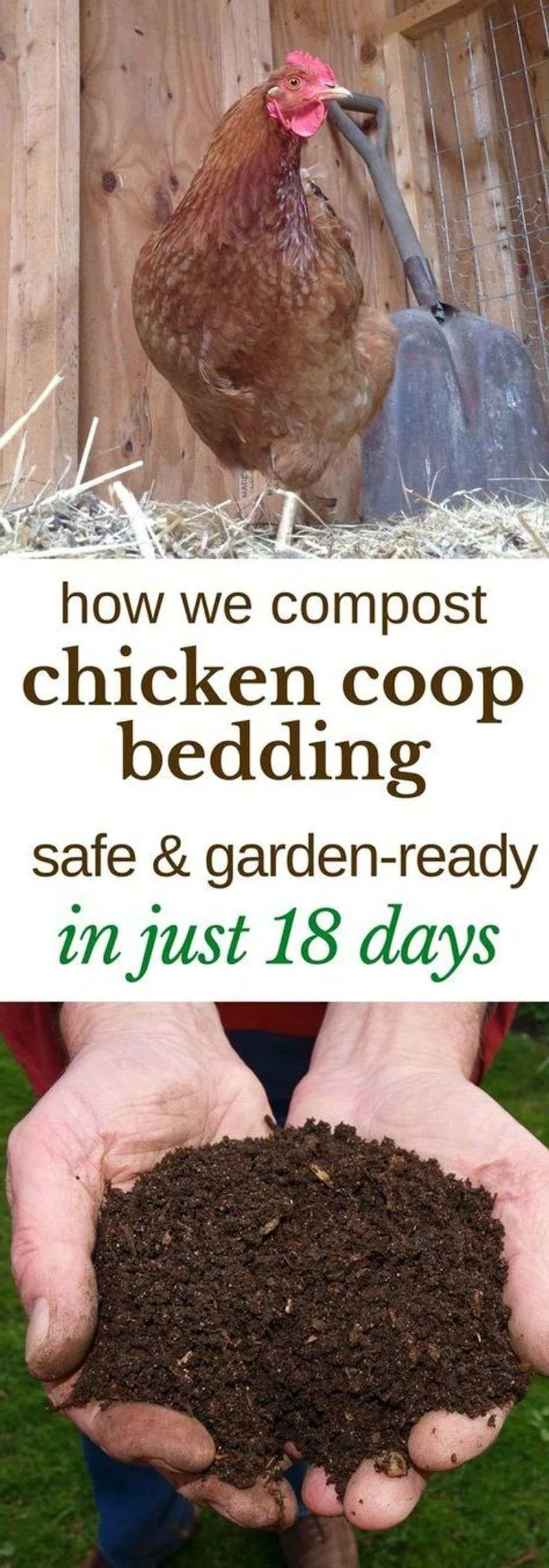
Packed with nutrients, chicken manure is a favorite for enriching garden soil. It contains high levels of nitrogen, phosphorus, and potassium, all vital for plant growth. This organic fertilizer is excellent for growing robust vegetables and fruits. Due to its potency, proper composting is essential before application to prevent plant burn. Its ability to improve soil structure and fertility makes it a valuable addition to any garden. Chicken manure also encourages beneficial microbial activity, enhancing the soil’s overall health. It’s a time-tested option for gardeners seeking bountiful harvests.
Green Manure

Before chemical fertilizers, green manure was the go-to for replenishing soil nutrients. Grown and incorporated into the soil, these crops, like clover and vetch, are natural nitrogen fixers. They improve soil structure, increase organic matter, and suppress weeds. Green manure enriches the soil without the need for chemical inputs, supporting sustainable gardening practices. It’s a perfect choice for gardeners looking to maintain soil fertility organically. The use of green manure also promotes biodiversity, benefiting the overall ecosystem. A smart approach for long-term soil health.
Cottonseed Meal
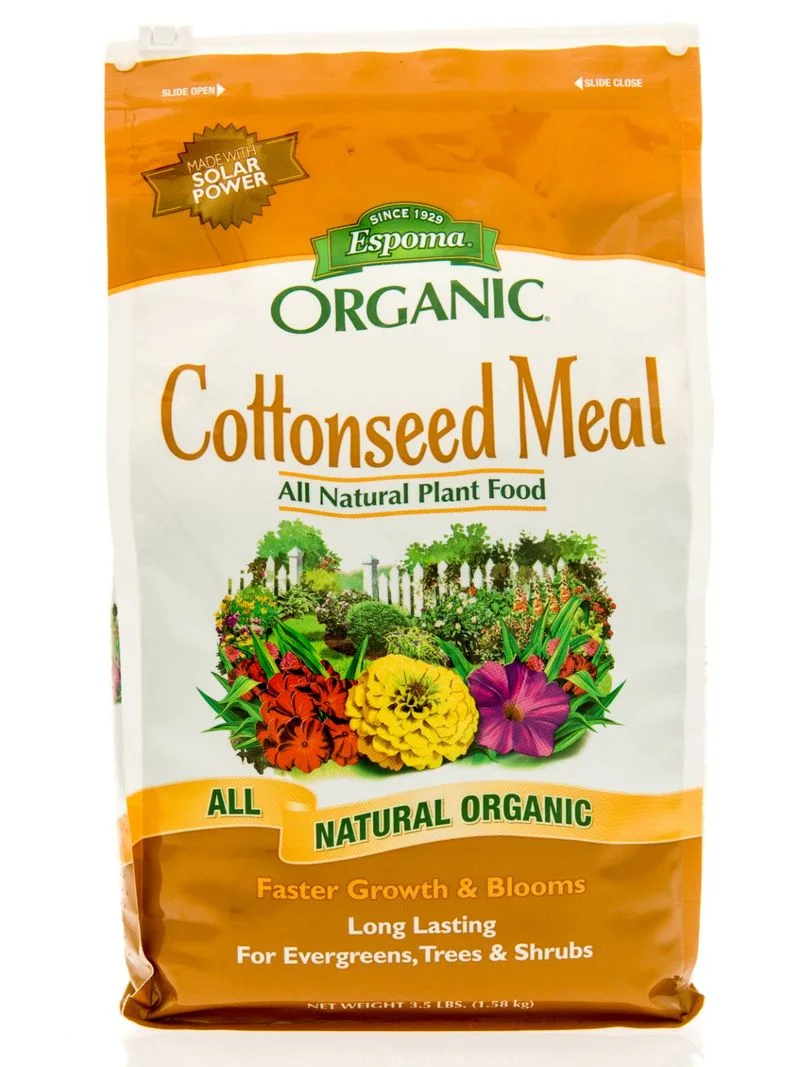
An excellent source of nitrogen, cottonseed meal is derived from the by-products of cotton processing. It slowly releases nutrients, making it ideal for acid-loving plants like azaleas and rhododendrons. This fertilizer enhances soil texture and promotes healthy microbial activity. However, its effectiveness depends on pH levels; it works best in slightly acidic conditions. Cottonseed meal is a great choice for those looking to enrich their garden naturally. Though generally safe, it’s advisable to verify it is free from any chemical residues. Used wisely, it fosters a vibrant and healthy garden.
Alfalfa Meal
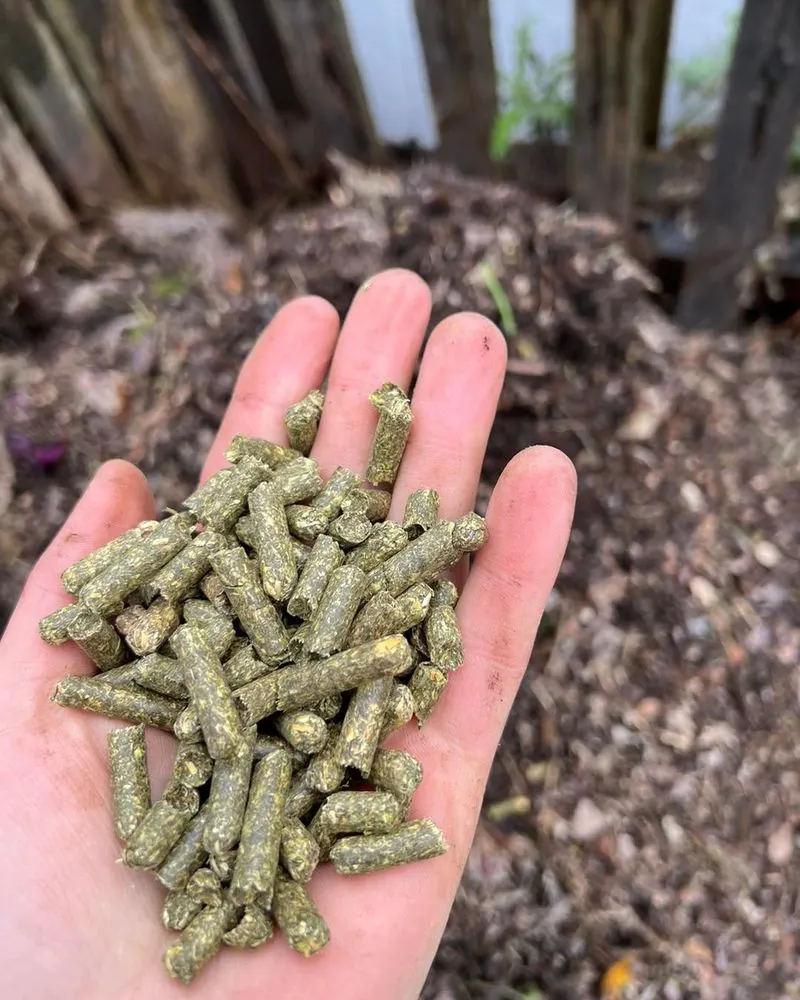
A favorite among organic gardeners, alfalfa meal provides a rich source of nitrogen, phosphorus, and potassium. This fertilizer, derived from the alfalfa plant, is known for its ability to stimulate plant growth naturally. It’s particularly beneficial for roses and other flowering plants. Beyond its nutrient content, alfalfa meal improves soil aeration and moisture retention, crucial for plant health. As it breaks down, it releases growth-enhancing hormones. Alfalfa meal is a sustainable option that supports robust plant development and vibrant blooms. An ideal choice for holistic garden care.
Sawdust
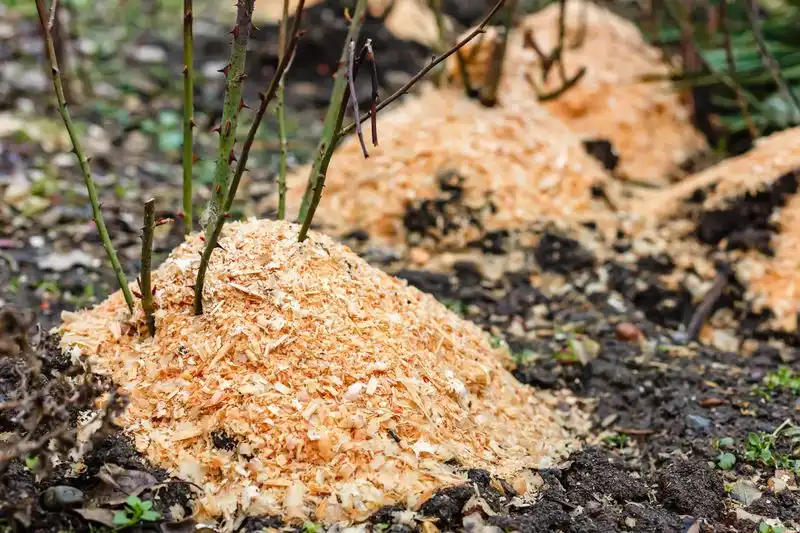
Often considered a natural mulch, sawdust can be a double-edged sword in gardening. When used fresh, it can deplete soil nitrogen, hindering plant growth. However, when well-composted, it becomes a beneficial soil amendment. Sawdust improves soil aeration and moisture retention, but caution is needed to prevent nitrogen lock-up. It’s best used around established trees and shrubs in need of organic matter. Sourced from untreated wood, it can be a sustainable addition to the garden. Though not a direct fertilizer, its role in soil management makes it a versatile option.
Bokashi
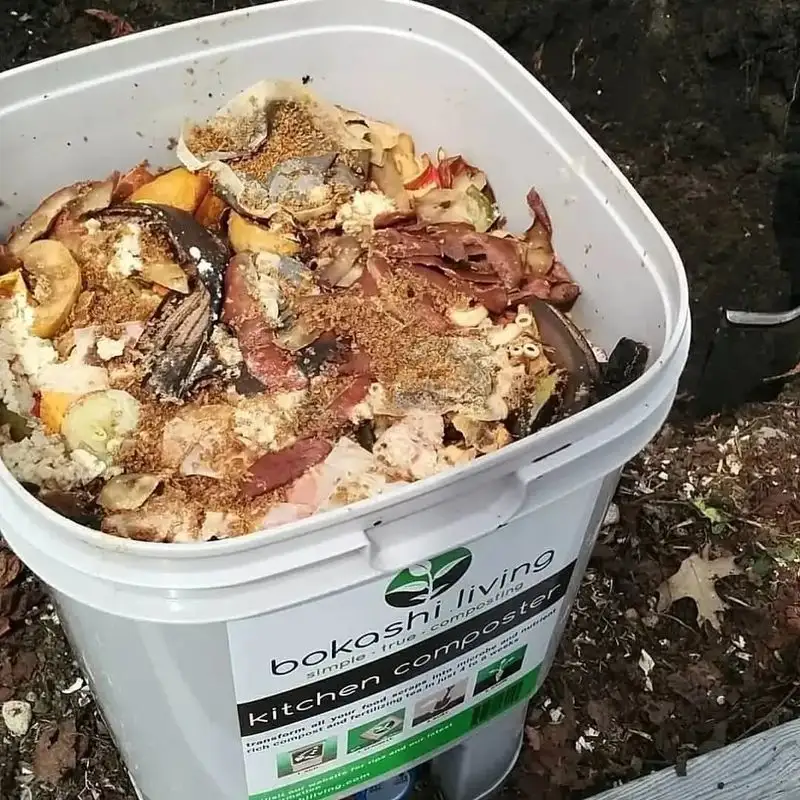
A modern take on composting, Bokashi involves fermenting food waste using beneficial microbes. This anaerobic process breaks down materials quickly, resulting in nutrient-rich compost. Ideal for small spaces, Bokashi can handle cooked foods and dairy, unlike traditional composting. The resulting compost is acidic, requiring time to neutralize before plant application. Its efficiency in reducing waste makes it a popular choice for eco-conscious gardeners. Bokashi composting transforms kitchen scraps into valuable garden nutrients, closing the loop in organic gardening. A smart solution for urban gardeners seeking sustainability.
Peat Moss
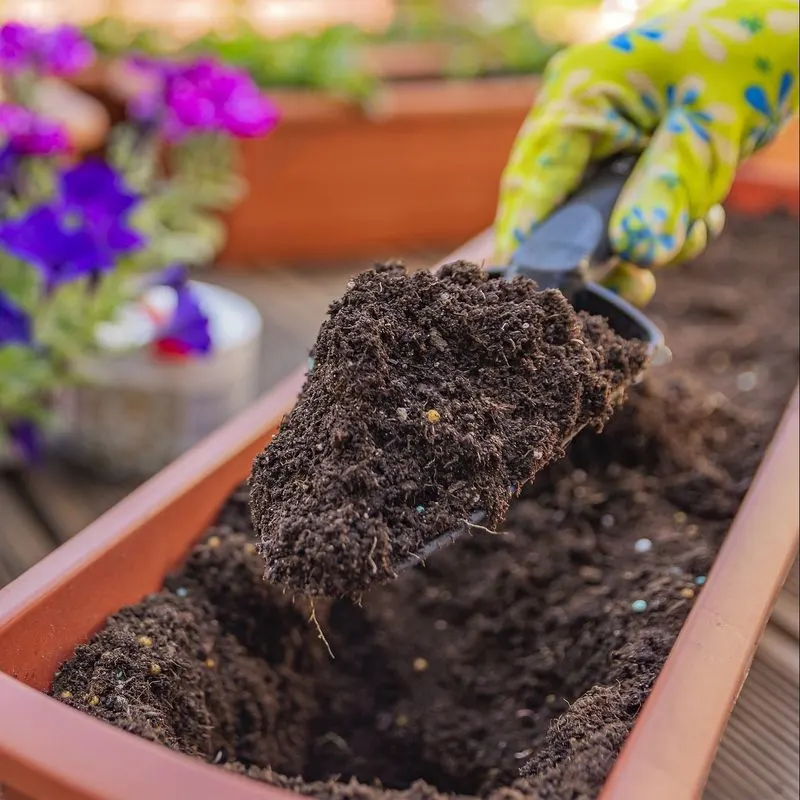
Peat moss is praised for its exceptional water retention and soil aeration properties. Despite these benefits, its environmental impact raises concerns. Harvesting damages peat bogs, releasing stored carbon and affecting ecosystems. Gardeners using peat moss must weigh these ecological costs. While it improves soil texture and aids seed germination, alternatives like coconut coir are more sustainable. Peat moss remains popular in gardening for its effectiveness, yet its use carries an environmental footprint. Choosing responsibly sourced products can mitigate some of its negative effects.
Biosolids
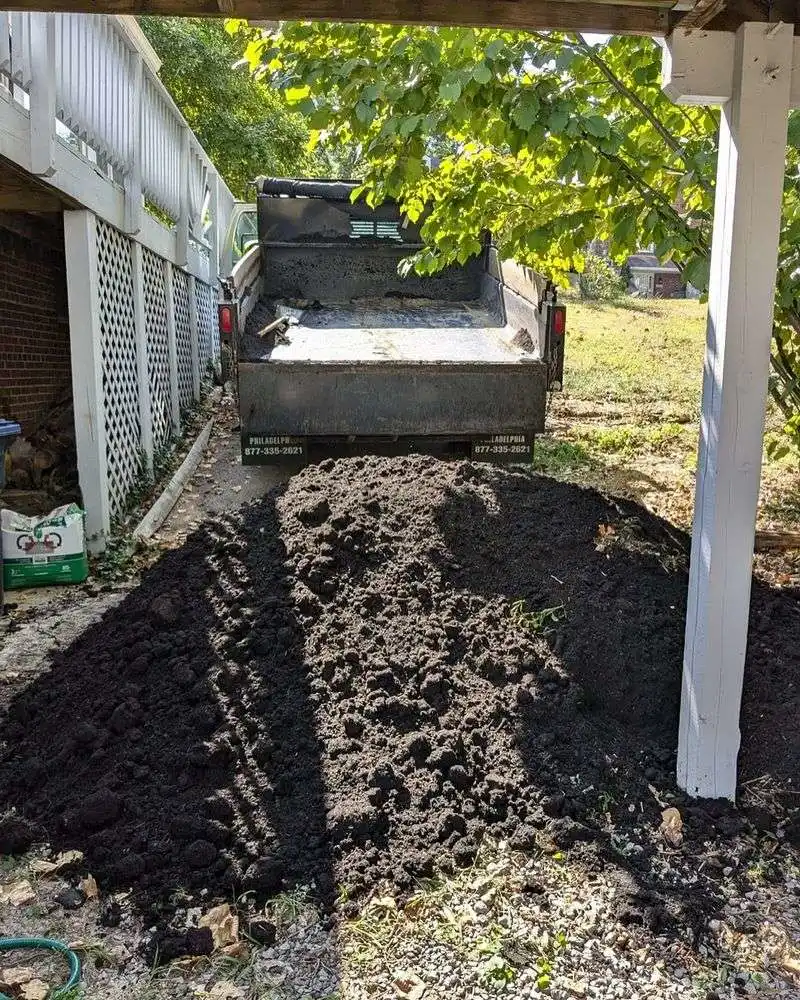
Derived from treated sewage sludge, biosolids offer a nutrient-rich fertilizer option. However, concerns about contaminants and pathogens make them controversial. While they provide essential nutrients like nitrogen and phosphorus, their use requires careful handling. Regulations often guide biosolid application to ensure safety. In agriculture, they improve soil fertility and structure, yet their potential risks lead many gardeners to seek alternatives. The sustainability of biosolids depends on treatment processes and quality control. For those considering this option, understanding local guidelines is crucial.
Urea
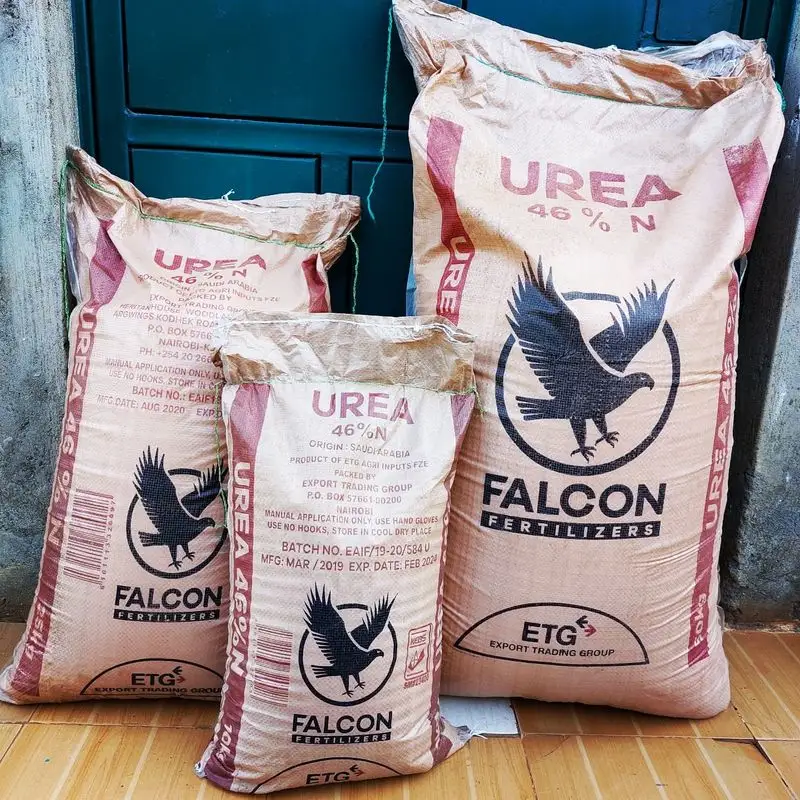
Urea, a synthetic nitrogen fertilizer, is known for its rapid nutrient availability. However, it’s not organic and can lead to soil acidification with prolonged use. While effective for boosting plant growth, it requires careful application to prevent nitrogen burn. Urea is favored in conventional agriculture for its cost-effectiveness and high nitrogen content. Despite its benefits, it’s less suited for organic gardening, where natural alternatives are preferred. Understanding its impact on soil health and the environment is essential for responsible use. Urea remains a staple in many farming practices.
Rock Phosphate
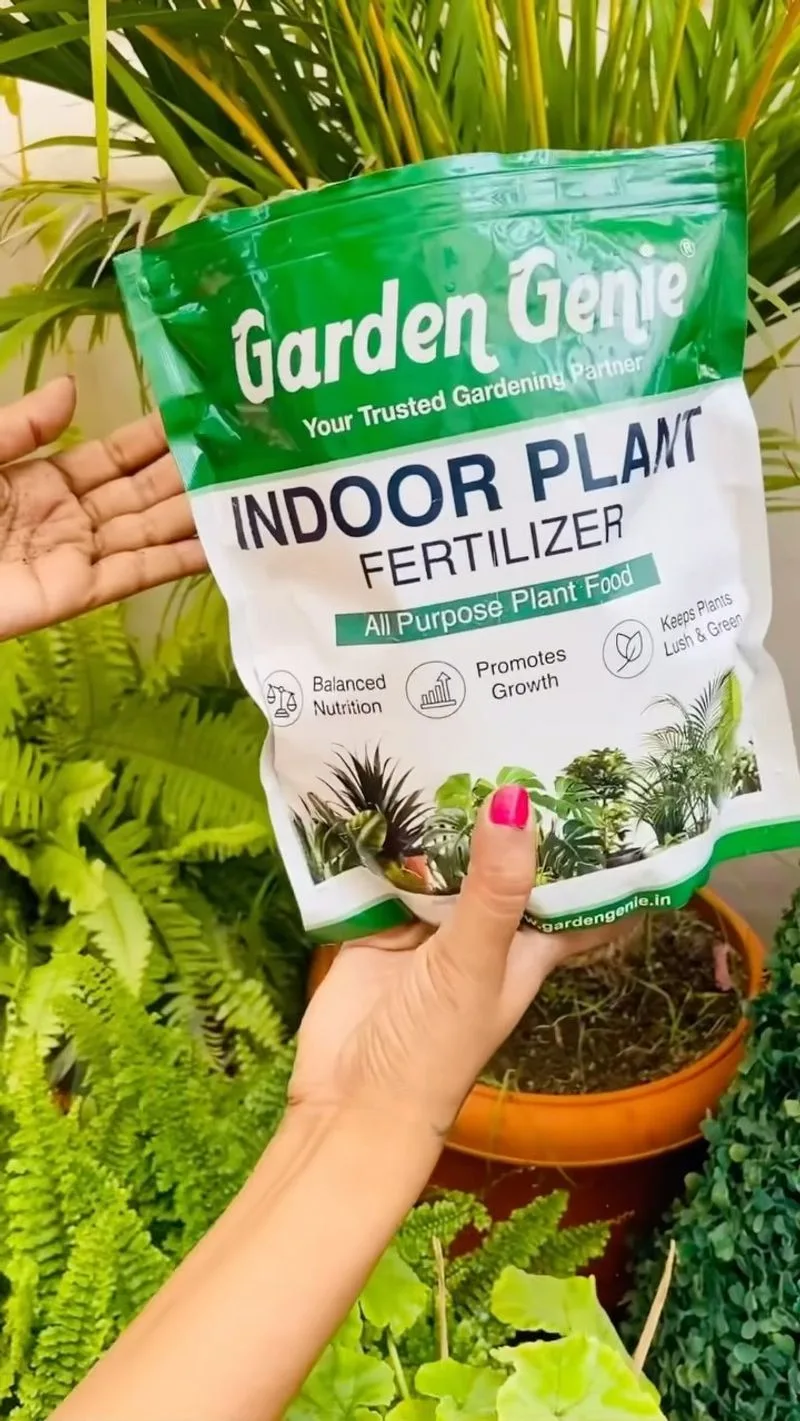
A natural mineral source, rock phosphate provides a steady release of phosphorus. However, its availability to plants depends on soil pH, working best in acidic environments. While rock phosphate offers a long-term solution for phosphorus-deficient soils, its slow release may not meet immediate needs. In organic gardening, it’s valued for improving flowering and root development. Concerns about heavy metal content and environmental impact necessitate careful sourcing. Rock phosphate’s role in sustainable agriculture hinges on responsible use and soil compatibility. It’s a thoughtful choice for long-term soil health.
Wood Ash
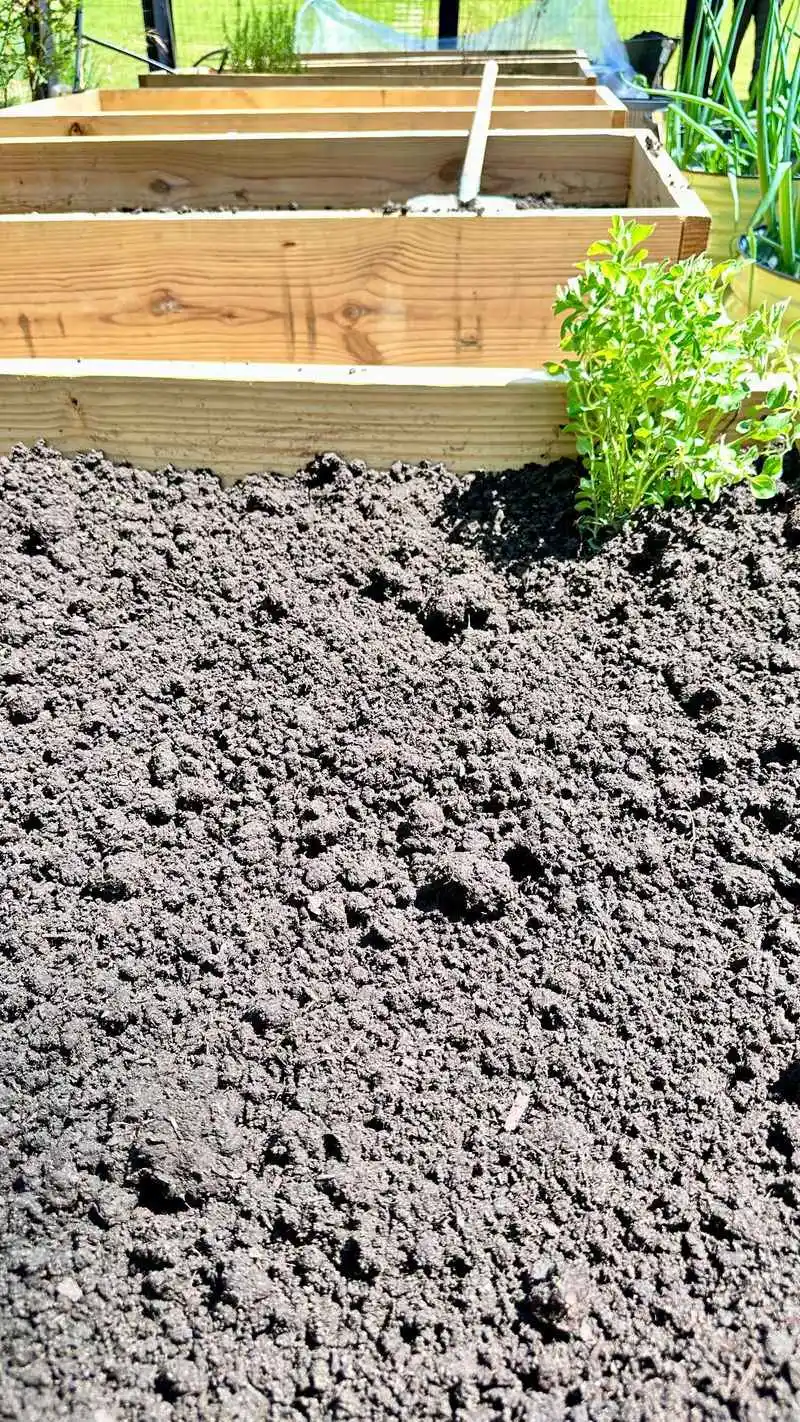
Wood ash from untreated wood offers a natural source of potassium and micronutrients. It’s alkaline, so it helps neutralize acidic soils, making it beneficial in certain regions. However, overuse can lead to soil imbalances and nutrient lock-out. When applied judiciously, wood ash can enrich soil and deter pests like slugs. Its lightweight nature means it should be integrated into the soil to prevent wind dispersal. For gardeners, wood ash serves as both a fertilizer and a soil conditioner, though caution is required to avoid altering soil pH excessively.
Cow Manure
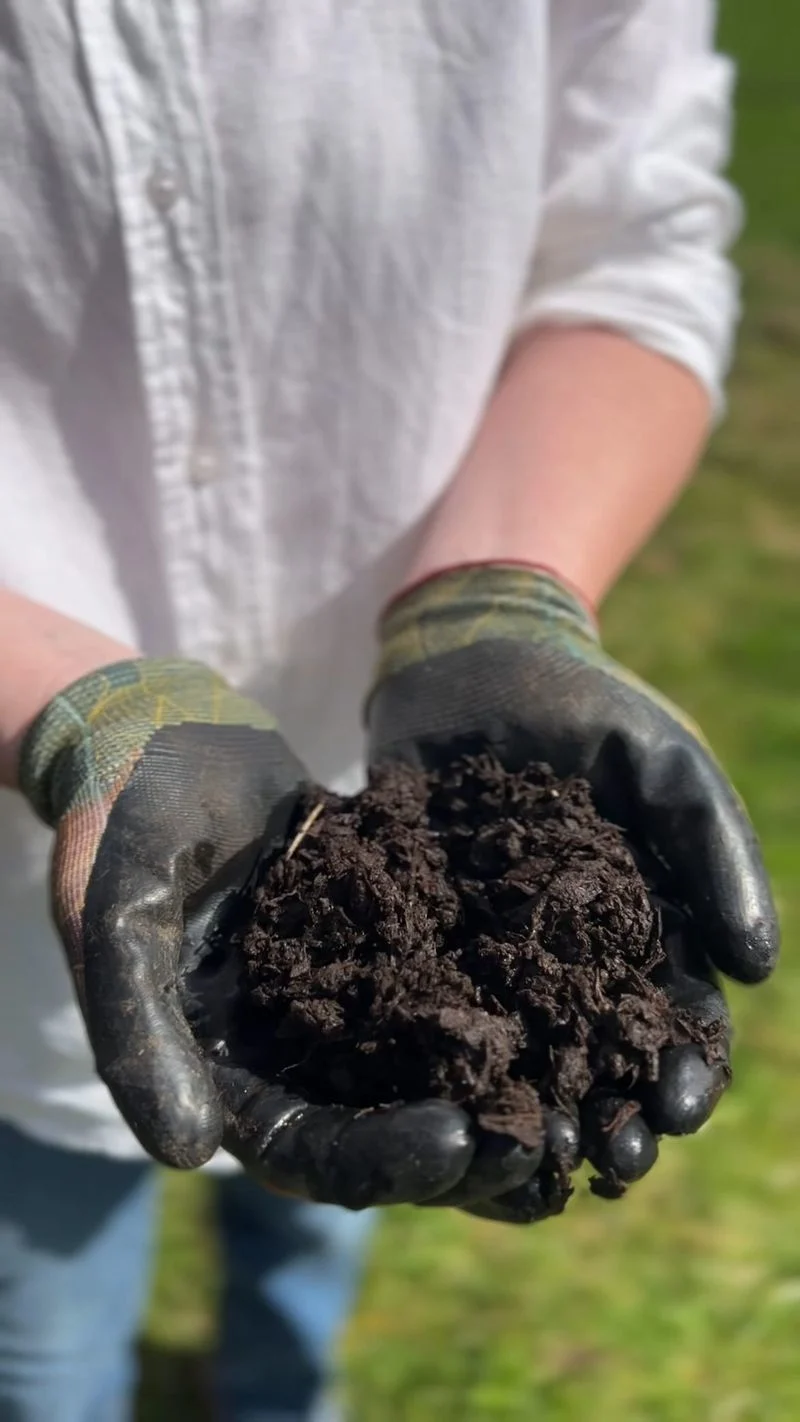
Cow manure is a traditional favorite for enriching garden soils. It’s rich in nutrients and organic matter, improving soil structure and fertility. When well-composted, it becomes an excellent fertilizer for a wide range of plants. Its balanced nutrient profile supports healthy plant growth without the risk of nutrient burn. However, fresh manure can harbor pathogens and should be composted before use. Cow manure encourages beneficial microbial activity, promoting a healthy garden ecosystem. Its use in agriculture and home gardening spans generations, proving its value as a natural fertilizer.

